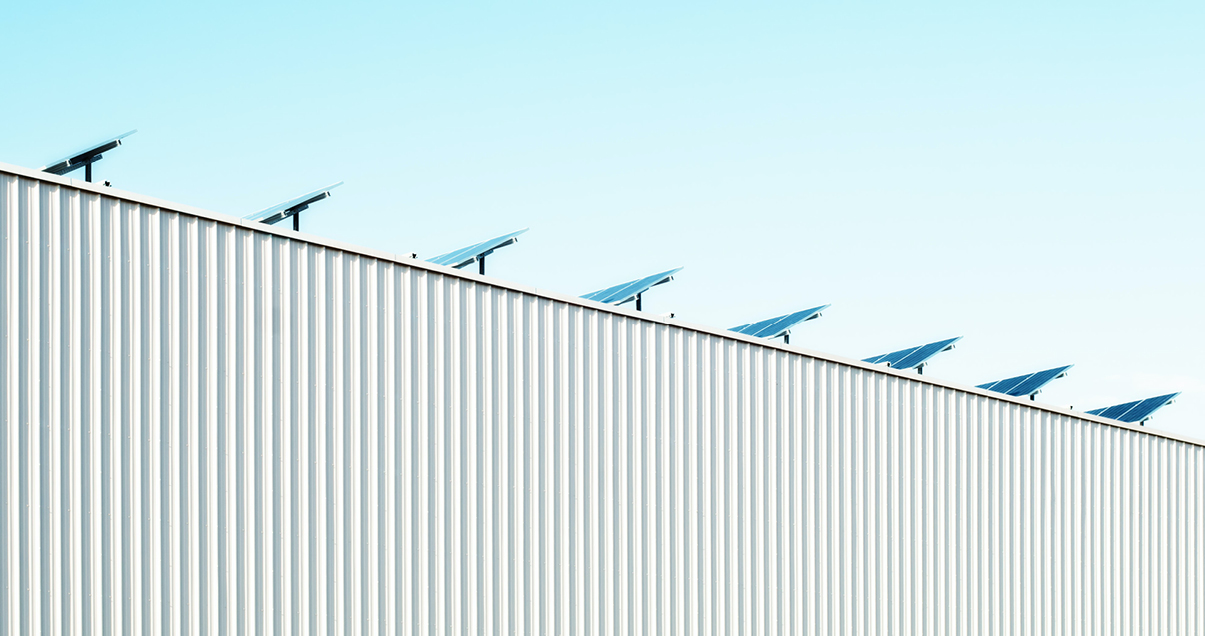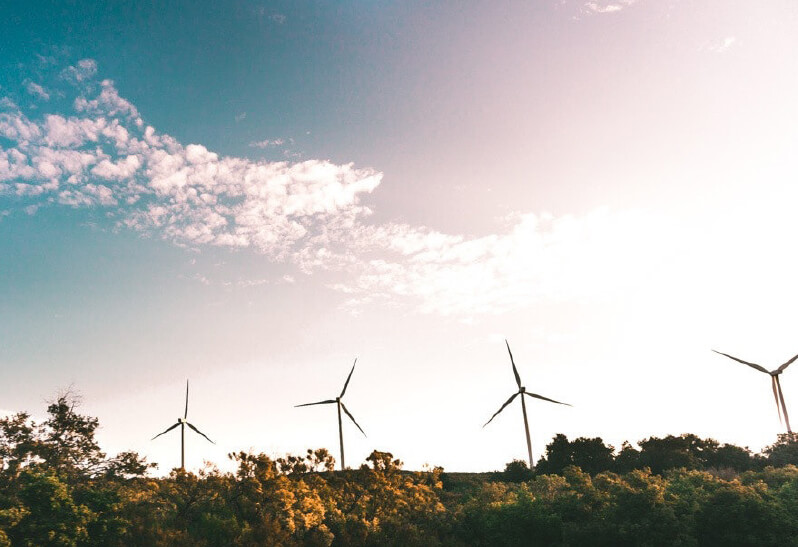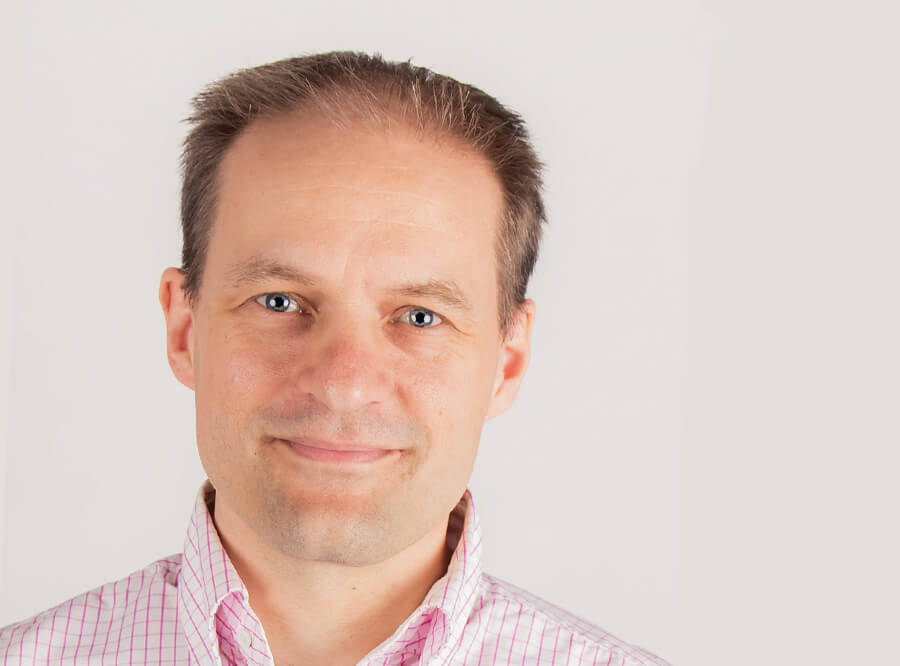“People believe in the success of the energy transition.”

What is the situation with the energy transition in 2020? Andreas Kühl, qualified engineer and energy blogger, has been reporting on all energy-related topics on energynet.de for almost two decades and uses this platform to further the discussion surrounding the energy transition. Equipped with considerable expertise, he also occasionally goes against the grain. Perhaps this is one reason for his large number of followers. With almost 9,000 readers, his is one of the most successful energy blogs in Germany. His feeling on the current situation is that for most people, the energy transition is progressing far too slowly.
If you give credence to many media reports, the energy transition is not going well. (The targets set are not being met according to McKinsey, and there is no talk of a complete changeover even by 2050.) Can the energy transition still be achieved at all in your opinion?
Andreas Kühl: It is actually getting difficult still to make the changeover to a complete energy supply. However, I have few concerns either technologically or economically. In that respect, my confidence is growing. The development of new technologies continues apace and there are new and innovative business models. But there is still major resistance, which I am very worried about. There is still a lot of political resistance that needs to be overcome and energy market regulation that is adapted to the old energy system with a small number of large power plants.
Of course, through your platform, you also find out what worries your readers most. What are people most concerned about today in relation to the energy transition?
AK: For most people who engage with the topic, it is moving far too slowly. To save the climate, the energy transition needs to proceed at a quicker pace. All the means for doing so are in place.
Is the mood different from when you started in 2006?
AK: The mood is definitely different today – a great deal has changed in the intervening years. I am convinced that many more people believe in the success of the energy transition today and many more continue to support it. This, in turn, should be viewed as highly positive compared with the excessively slow progress.
Mr. Kühl, what made you become an energy blogger?
AK: There were various reasons. I was intrigued by a number of new blogs on various topics at the time, with the opportunity to self-publish, reach people and even discuss issues with them directly. In addition, it was important to me put my own topics on the agenda, which would otherwise have received little attention. They include, for example, all aspects of energy efficiency, heating and buildings in the context of the energy transition.


What do you do personally to use energy more sustainably?
AK: Besides purchasing green electricity, including support for the expansion of new systems with solar and wind energy, saving energy is my greatest contribution. At 2,800 kWh per year, my power consumption is well below the average for a family of four living in a townhouse. That is down to the consistent use of energy-efficient devices in the household, but no fewer devices than in other households. The heat consumption of my mid-terrace townhouse is also lower than in the other houses – there are some rooms I barely need to heat.
Do you sometimes find it difficult to lead the way and set a good example in this respect?
AK: Of course, I could do far more – I know that. I do not have my own PV system on the roof. There is barely enough space and I would have to ask all the co-owners. I have not done that so far. Instead, I invest in crowdfunding projects involving renewable energies in order to make them possible. There is always a way to support the energy transition with your own contribution.
Finally, we really want you to tell us one thing as a thoroughbred blogger: do you have a favorite article on energynet.de? If so, which one and what is it about?
AK: That is quite tough considering the large number of pieces that I have published over the years. I particularly like the articles that I put a lot of work and time into. As a result, these are often highly informative and almost unique. Primarily, they are articles that provide explanations and background knowledge. Articles like that are also more interesting in the long term than those on topical issues or an opinion piece. Among them, I could highlight the one about “cold district heating”, for example – a new topic that still offers plenty of potential.

